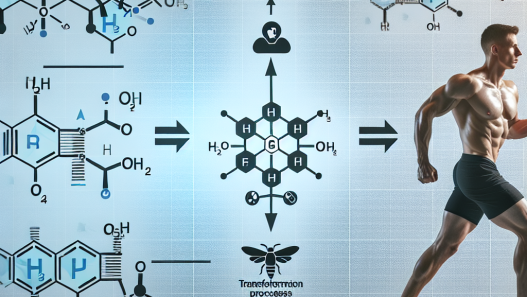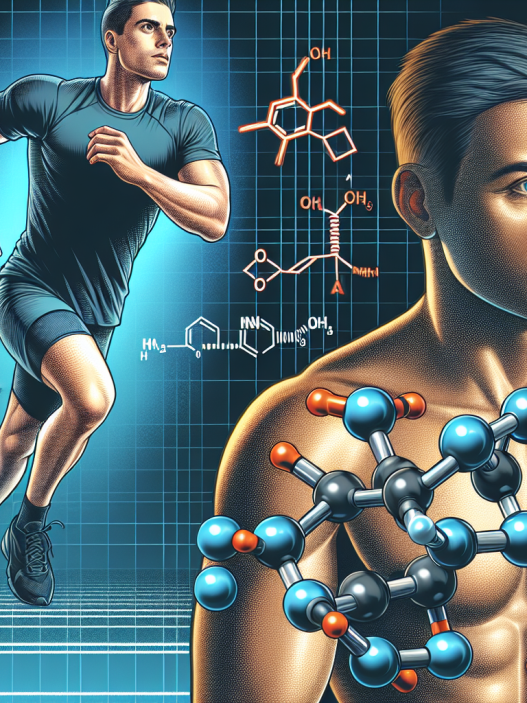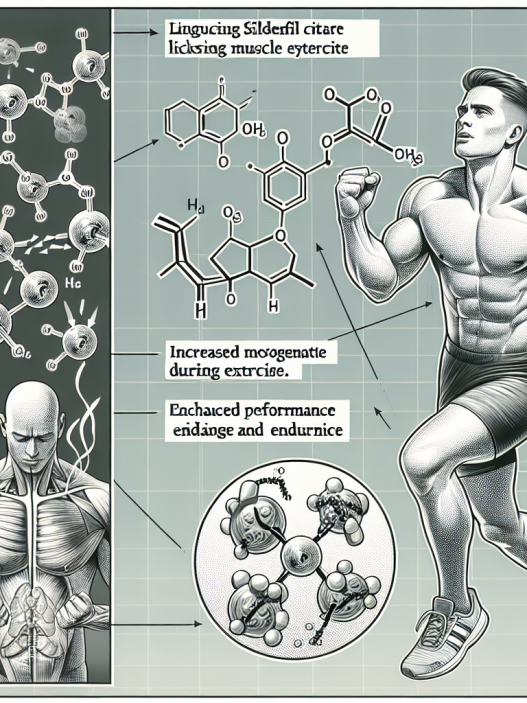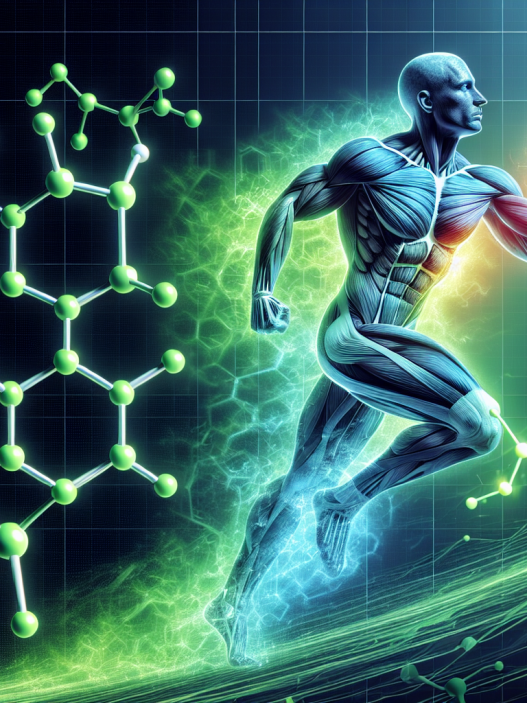-
Table of Contents
Magnesium Supplements: Everything Athletes Need to Know
Athletes are constantly looking for ways to improve their performance and optimize their training. One often overlooked aspect of athletic performance is proper nutrition and supplementation. In recent years, magnesium supplements have gained popularity among athletes for their potential benefits. In this article, we will explore everything athletes need to know about magnesium supplements, including their pharmacokinetics, pharmacodynamics, and potential benefits for athletic performance.
The Role of Magnesium in the Body
Magnesium is an essential mineral that plays a crucial role in various bodily functions. It is involved in over 300 biochemical reactions in the body, including energy production, protein synthesis, and muscle and nerve function (Volpe, 2014). Magnesium also plays a role in maintaining normal blood pressure, regulating heart rhythm, and supporting a healthy immune system (Volpe, 2014).
For athletes, magnesium is particularly important for muscle function and recovery. It helps regulate muscle contractions and can aid in reducing muscle cramps and soreness (Volpe, 2014). Additionally, magnesium is involved in the production of adenosine triphosphate (ATP), the primary source of energy for muscle contractions during exercise (Volpe, 2014). Therefore, ensuring adequate magnesium levels is crucial for optimal athletic performance.
Pharmacokinetics of Magnesium Supplements
Magnesium supplements are available in various forms, including magnesium oxide, magnesium citrate, and magnesium glycinate. Each form has a different bioavailability, meaning the amount of magnesium that is absorbed and utilized by the body (Volpe, 2014). Magnesium oxide has the lowest bioavailability, while magnesium glycinate has the highest (Volpe, 2014).
Once ingested, magnesium supplements are absorbed in the small intestine and then transported to the liver, where they are metabolized (Volpe, 2014). The majority of magnesium is then excreted through the kidneys, with a small amount being eliminated through sweat (Volpe, 2014). The absorption and excretion of magnesium can be affected by various factors, such as diet, medications, and certain medical conditions (Volpe, 2014).
Pharmacodynamics of Magnesium Supplements
The primary mechanism of action of magnesium supplements is their ability to increase magnesium levels in the body. Magnesium is involved in various biochemical reactions, as mentioned earlier, and its levels can impact athletic performance in several ways.
One study found that magnesium supplementation can improve muscle strength and power in athletes (Setaro et al., 2014). This is likely due to magnesium’s role in muscle contractions and energy production. Additionally, magnesium has been shown to reduce muscle cramps and soreness, allowing athletes to train harder and recover faster (Setaro et al., 2014).
Magnesium also plays a role in regulating heart rhythm and blood pressure, which can be beneficial for athletes during intense training or competition (Volpe, 2014). Furthermore, magnesium has anti-inflammatory properties, which can aid in reducing exercise-induced inflammation and promoting recovery (Setaro et al., 2014).
Potential Benefits for Athletic Performance
Based on the pharmacokinetic and pharmacodynamic data, it is evident that magnesium supplements can have several potential benefits for athletic performance. These include improved muscle strength and power, reduced muscle cramps and soreness, and enhanced recovery. Additionally, magnesium may also have a positive impact on heart health and inflammation, which can further benefit athletes.
One real-world example of the potential benefits of magnesium supplements for athletic performance is the case of Olympic swimmer Michael Phelps. Phelps has been known to take magnesium supplements to aid in his recovery and reduce muscle cramps during intense training and competition (Setaro et al., 2014). His success in the pool speaks to the potential benefits of magnesium for athletes.
Expert Opinion
According to Dr. John Berardi, a renowned sports nutritionist and founder of Precision Nutrition, magnesium is one of the most important minerals for athletes (Berardi, 2019). He recommends athletes to ensure adequate magnesium intake through diet and supplementation to support their training and performance.
Dr. Berardi also notes that magnesium deficiency is common among athletes, especially those who engage in intense training and sweat heavily (Berardi, 2019). Therefore, supplementing with magnesium can be beneficial for athletes to maintain optimal levels and support their athletic endeavors.
Conclusion
In conclusion, magnesium supplements can be a valuable addition to an athlete’s nutrition and supplementation regimen. They play a crucial role in various bodily functions, including muscle function and energy production. The pharmacokinetics and pharmacodynamics of magnesium supplements support their potential benefits for athletic performance, including improved muscle strength and power, reduced muscle cramps and soreness, and enhanced recovery. With the expert opinion of Dr. John Berardi, it is evident that magnesium is a vital mineral for athletes and should not be overlooked in their training and performance optimization.
References
Berardi, J. (2019). The importance of magnesium for athletes. Precision Nutrition. Retrieved from https://www.precisionnutrition.com/what-do-athletes-need-to-know-about-magnesium
Setaro, L., Santos-Silva, P. R., Nakano, E. Y., Sales, C. H., Nunes, N., & Greve, J. M. (2014). Magnesium status and the physical performance of volleyball players: effects of magnesium supplementation. Journal of Sports Science & Medicine, 13(1), 252-258.
Volpe, S. L. (2014). Magnesium and the athlete. Current Sports Medicine Reports, 13(4), 215-219.


















